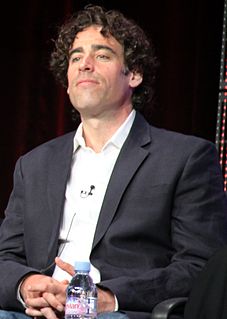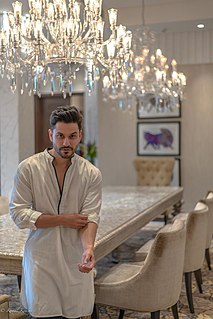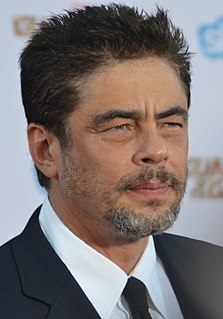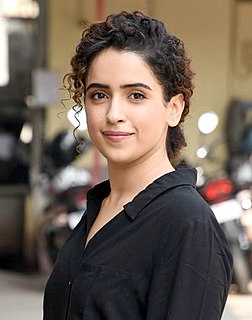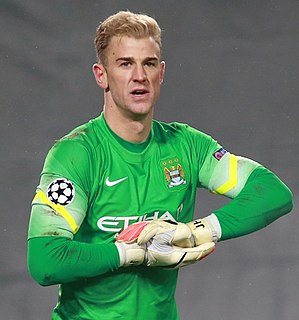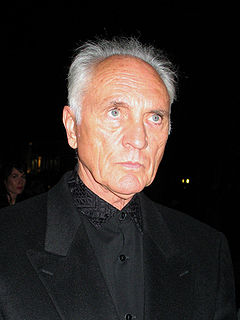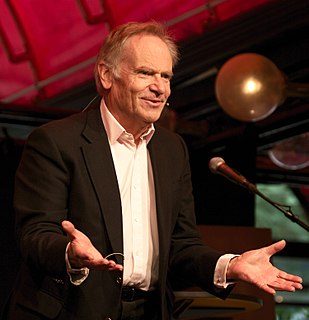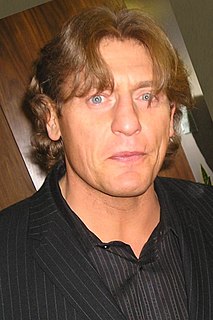A Quote by Stephen Mangan
I learnt a lot about how to negotiate the camera: everyone had told me an actor doesn't really need to do anything on screen, but I realised that wasn't true. If you do nothing, it's boring.
Related Quotes
That was a bizarre and unlikely event, which has misled a generation of drama students from my old drama school that dreams really do come true. I was an unemployed actor. I had been an actor for about eight years, and had worked in theater, and done a tiny bit of TV, and somehow an audition video of mine ended up on Kevin Costner's television screen, and he rang me up and invited me to fly first-class to Hollywood and be in his movie The Postman.
I always knew I'd be an actor. I always knew I'd at least be on a big screen somewhere. Everyone else I was watching, they were cool, but I thought that I could bring something fresh and new, even when I was really young. I didn't really know how it was going to pan out, for sure, but I always knew that one day I would be on the big screen. I had no doubts in my mind.
Film, television, and working with a camera is such an intimate art form that if a camera is right on you, and I've got your face filling the screen, you have to be real. If you do anything that is fake, you're not going to get away with it, because the camera is right there, and the story is being told in a very real way.
Today, the paparazzi are not just photographers: everyone has a cell phone with a camera. If they see an actor, they click pictures to show it to their friends or have it on their phones and, as an actor, I don't see anything wrong with it. Having said that, there is a limit that has been crossed, but there is nothing right or wrong.
I think about everyone in my life that was harsh with me or who gave me tough love and told me things that I didn't want to hear in that moment; fortunately it ended up being really good for me and I have nothing but respect for them today and those are the people I return to when I need that real honest advice.
I was in the hospital and I was paralyzed and I went through all of these things. I've had all of these crazy experiences and jobs in my life, but I never really write about them because I've already told them as stories to friends. For me, the process of writing is the process of invention. But the hospital story felt told already. There was nothing to discover in the telling of it. The discovery had to be in the form. It wasn't really the unfamiliarity of the form, it was more about a way incorporate invention and how to realize it imaginatively.
